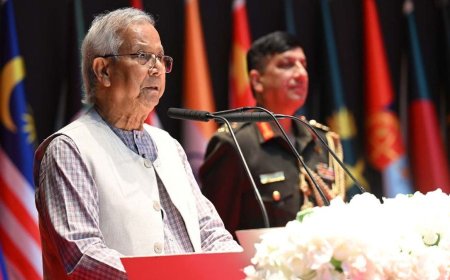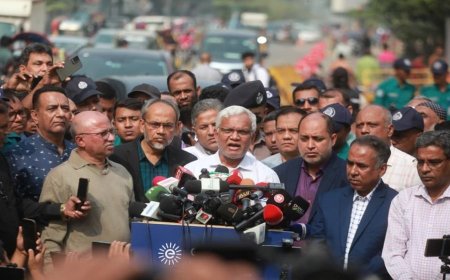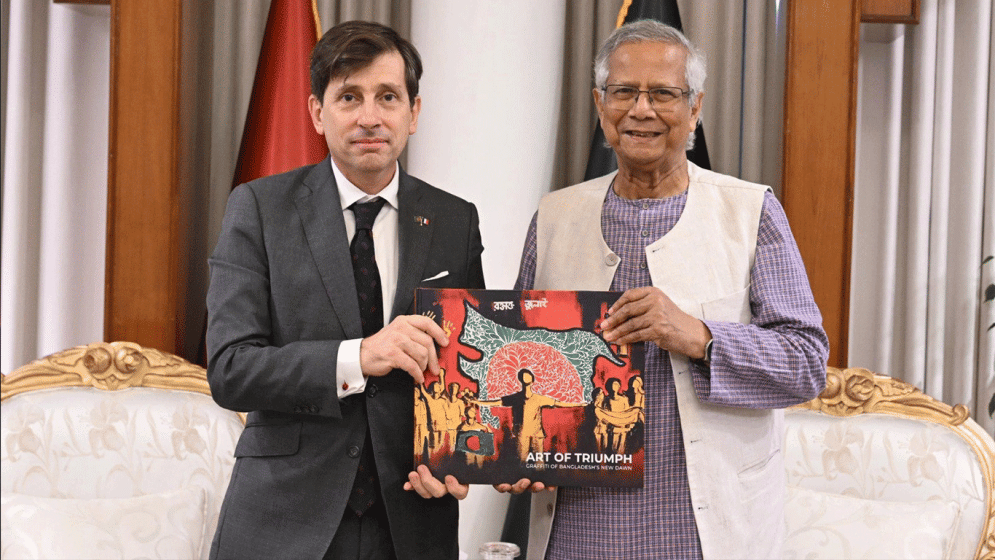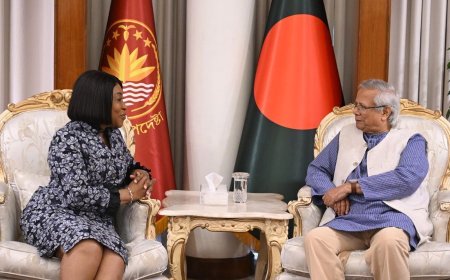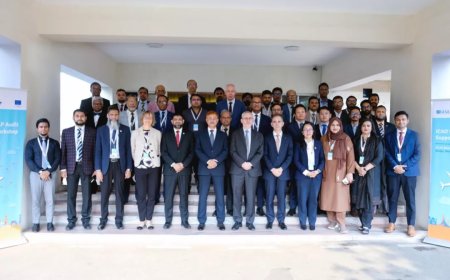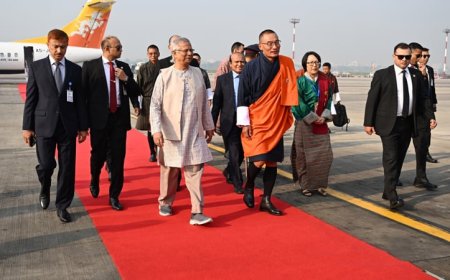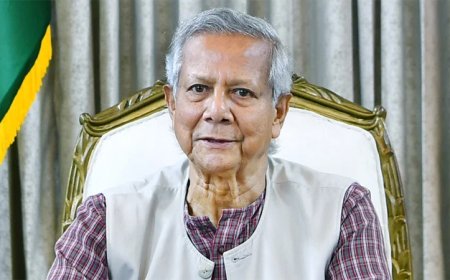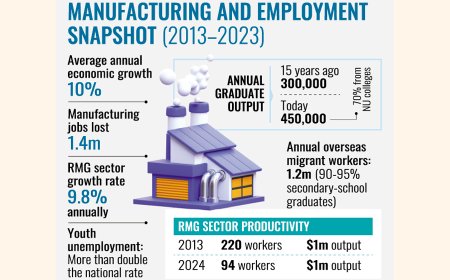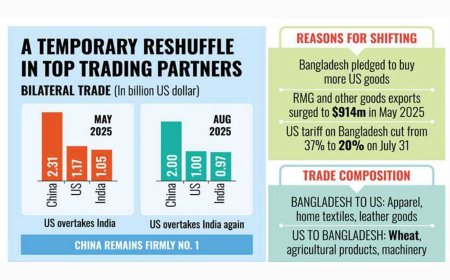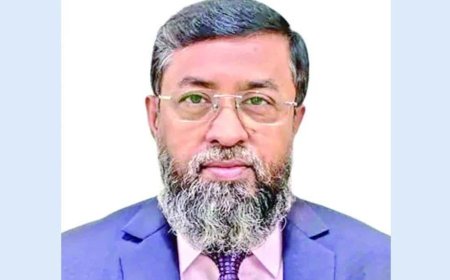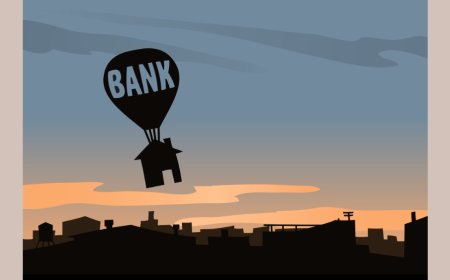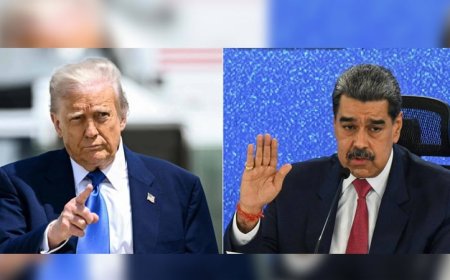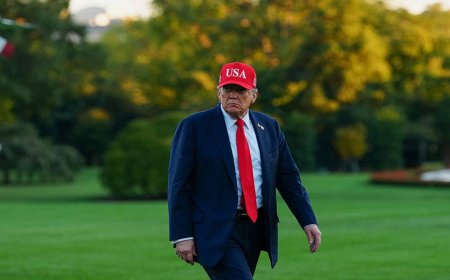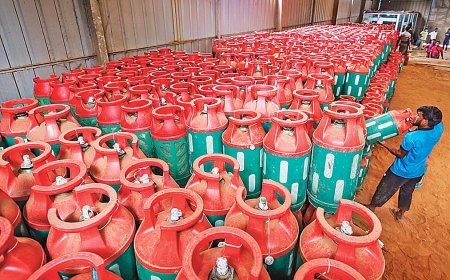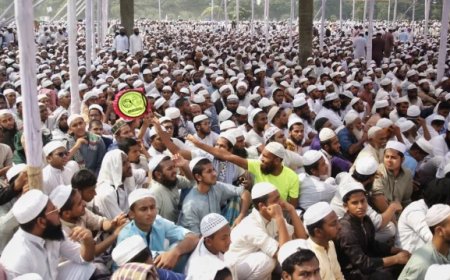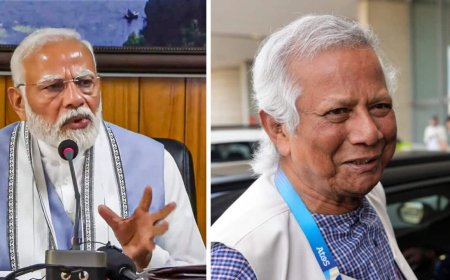The constitution: Changes should only be made when there is a solid agreement
The constitution: Changes should only be made when there is a solid agreement
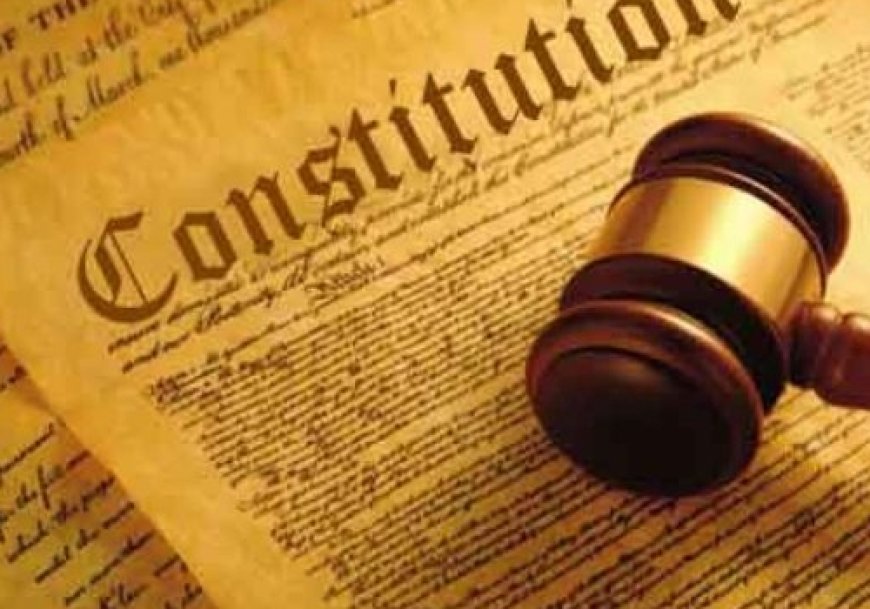
Dr. Kamal Hossain, a key framer of the constitution, emphasized that constitutional reforms should only be made after considering the opinions of the people. "No individual should alter the constitution at their discretion," he stated during a discussion yesterday. "Even if someone, such as the president, believes there is an issue, they should not change it unilaterally. Amendments should only proceed when there is a strong consensus or a majority opinion," he added. The event, organized by the Bangladesh Democratic Lawyers' Association, commemorated the 52nd anniversary of the constitution’s adoption.
Reflecting on the numerous amendments made to the constitution—15 or 16 to date—Dr. Kamal noted that as a human-made document, the constitution might require updates over time as societal contexts evolve. However, he stressed that such changes should only be made with public input.
As the emeritus president of Gono Forum, Dr. Kamal advocated for reforms focused on eradicating discrimination. "We need to collaborate with the new generation and prioritize the people's aspirations to build a democratic, just, and equitable Bangladesh. Our commitment must be toward a nation free from discrimination, where no one experiences inequality based on gender, religion, ethnicity, political beliefs, or any other identity. All constitutional amendments should align with this vision."
He also highlighted the importance of vigilance over how the constitution is interpreted, noting that even the court or chief justice can err in their interpretations.
During the event, renowned jurist Shahdeen Malik criticized the frequent changes in the government’s structure, likening it to replacing an entire car over a single flat tire. "In 52 years, we’ve tried 11 different government systems, a sign of our nation’s immaturity in governance," Malik stated. He argued that repeatedly altering the form of government reflects an ingrained tendency to seek superficial solutions rather than addressing underlying issues.
Historian Prof. Syed Anwar Hossain contended that the current government, being unelected, has no authority to amend the constitution and can only suggest amendments for an elected government to consider. "There is no provision in the constitution for an interim government. The court legitimized the current government under the doctrine of necessity," he added. Prof. Anwar also criticized the Supreme Court, which he believes has failed in its role as custodian of the constitution, frequently aligning with government directives. He also suggested that prime ministers should be limited to two terms.
Supreme Court Bar Association President AM Mahbub Uddin Khokon voiced concern that the debate over whether to amend or rewrite the constitution is divisive. "If an amendment is passed or a new constitution is created, who will ratify it? The previous parliament or the future one? This uncertainty only deepens divisions," he argued. Khokon called for consensus-building discussions among political parties to ensure that any amendments would be supported once they are in power.
Other speakers included Bangladesh Democratic Lawyers' Association President Subrata Chowdhury, General Secretary Zahidul Bari, senior lawyer Mohiuddin Abdul Kader, and SMA Sabur.
What's Your Reaction?








